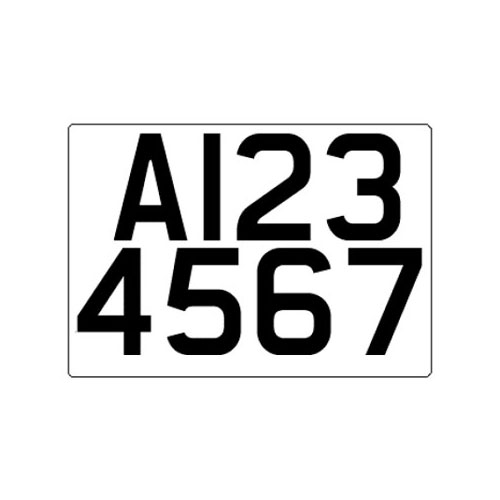How to Replace BPW Brake Shoes
Replace BPW type 7 brake shoes as full axle sets in a specialist workshop once lining ≤2mm; replace return and clamping springs, retract shoes, remove and mark hub, fit new shoes, check automatic reversing cam and lubricate contact surfaces, adjust wheel brakes and transmission linkage, re‑grease bearings and refit hub.
from Western Towing – www.westerntowing.co.uk
Changing brake shoes on the type 7 wheel brake
As soon as a brake lining is worn down to a thickness of 2mm the brake shoes should be replaced. Important: Brake shoes should only be changed as complete axle sets. The changing of brake shoes should be carried out in a specialist workshop. Ensure that all the brake shoes on each axle have the same quality brake linings. The return springs and clamping springs must be replaced each time the linings are changed.
The Procedure
Ensure that the vehicle cannot move (apply the handbrake or place chocks under the wheels). Loosen the wheel bolts, jack up the trailer and release the overrun hitch and the handbrake lever (tension-free). Remove the wheels and hub caps. Before removing the brake drums the brake shoes must be retracted by turning the adjusting bolt in an anti-clockwise direction. Undo the axle nut, remove the wheel hub and mark it to ensure that it is refitted to the same axle stub. Due regard must be given to the general maintenance instructions.
Disconnect and replace the clamping spring (4) and the return spring (7). In the case of brakes manufactured before June 1998, the pin (2) and the return spring (5) are also replaced. The return spring (7) is not fitted on this model.
Remove and replace the brake shoes (6). Remove any brake dust from the brake plate. The parts are reassembled in reverse order.
Before fitting the brake shoes, check the operation of the automatic reversing mechanism. When doing so pay particular attention to ensuring that the swivel cam moves freely. It may be necessary to lubricate the side surfaces (the contact surfaces between the brake shoe and the adjusting nut) with copper grease.
The brake must be adjusted to ensure that it functions perfectly (see “Wheel brake adjustment”).
Follow the general maintenance instructions to refit the wheel hub. In the case of brakes that are operated by means of a system of pull rods, the brake lever bearings in the centre of the axle must be re-greased.

| Item | Name | Quantity |
| 1 | Adapter Sleeve | 2 |
| 2 | Pin * | 2 |
| 3 | Return Spring | 2 |
| 4 | Clamping Spring | 4 |
| 5 | Return Spring * (Spring eyes are at an angle of 90 to each other) |
2 |
| 6 | Brake Shoe | 4 |
| 7 | Return Spring (Spring eyes are in the same plane |
2 |
* This component is not fitted to brakes manufactured from 1998 onwards.
Wheel Brake Adjustment
Prevent the wheel brake swivel cam from operating by inserting a tool (fig. Item A, 4mm diameter pin) through the positioning hole. Tighten up the adjusting nuts (fig. item C) on the wheel brakes with a screwdriver (fig. item B or D) or a spanner, depending on the design, until the wheel will not rotate in the direction of travel. Centre the brake shoes by applying the parking brake several times.
Turn back the adjusting bolt by approx. one turn, until no braking effect can be felt when the wheel is turned in a forward direction.
Picture 2
Turn back the adjusting nut by approx. 3-5 teeth until no braking effect can be felt when the wheel is turned in a forward direction.

Check the position of the brake equalizer compensators with the parking brake applied. Positioned at right angles to the brake rods with even play on both wheel brakes. Re-adjust brakes if necessary. As a test, apply the parking brakes slightly and check that the braking effect (in the direction of travel) on both wheels (right and left) is the same. Remove the locking device (4mm diameter pin) from the swivel cams.
Adjusting the transmission device
Always adjust the brake before readjusting the transmission device.
With the transmission linkage supported, adjust it so that there is no play or tension on the turnbuckle (1) or the equalising compensator (2). All the equalising compensators must be at right angles to the brake linkage. Tighten all locknuts on the brake transmission system.

Featured Trailer & Caravan Parts





















